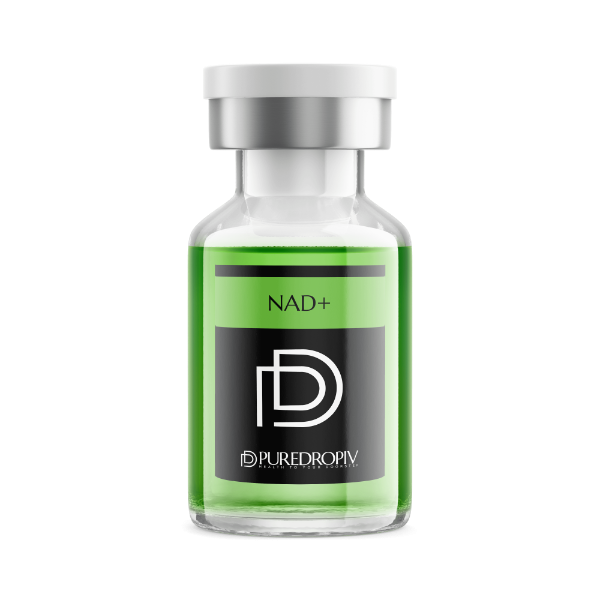NAD (Nicotinamide Adenine Dinucleotide) injections have become a potential anti-aging treatment as people seek ways to maintain youthfulness and vitality. This coenzyme, found in all living cells, plays a part in cellular energy production, DNA repair, and cellular health. But does NAD plus injection help with the effects of aging?
Understanding NAD and Aging
NAD levels decline as we age, leading to decreased cellular energy production and reduced efficiency in DNA repair. This decline is linked to many aging signs, such as reduced energy, cognitive decline, and a weakened immune system. NAD also activates sirtuins, proteins that regulate cellular health and have been associated with longevity. Proponents argue that we can slow down or even reverse some of these age-related changes by replenishing NAD levels.
The Science Behind NAD Injections
NAD injections deliver the coenzyme into the body, bypassing the digestive system and ensuring higher absorption rates. This method allows NAD to be rapidly available to cells, boosting energy production, enhancing DNA repair, and activating sirtuins. Some studies suggest restoring NAD levels can improve mitochondrial function, which is crucial for energy production and overall cellular health.
Research on NAD and aging is still in its early stages, but there is evidence to support its potential benefits. For instance, a study published in Cell Metabolism found that increasing NAD levels in mice improved their physical performance, enhanced cognitive function, and extended their lifespan. While these results are promising, more research is needed to confirm whether these benefits translate to humans.
Potential Benefits of NAD Injections
- Increased Energy: One of NAD injection's most commonly reported benefits is increased energy levels. By boosting cellular energy production, NAD may help individuals feel more energetic and able to tackle daily activities.
- Enhanced Cognitive Function: NAD is believed to support brain health by promoting DNA repair and enhancing mitochondrial function in brain cells. Some users report improved focus, memory, and mental clarity after receiving NAD injections.
- Anti-Aging Effects: NAD’s role in activating sirtuins and supporting DNA repair has led some to believe it can slow the aging process. While more research is needed, NAD's potential to reduce wrinkles appearance, improve skin elasticity, and promote overall vitality is an exciting prospect.
- Improved Cellular Health: By replenishing NAD levels, cells may function more efficiently, leading to better overall health. This could translate to a stronger immune system, quicker recovery from illness, and improved physical performance.
Considerations and Conclusion
While NAD injections offer promising anti-aging benefits, it’s important to approach this treatment with realistic expectations. The research is still evolving, and while some individuals may experience significant improvements, others may notice only subtle changes. Additionally, NAD injections can be expensive and may require ongoing treatments to maintain their effects.
In conclusion, NAD injections have the potential to help with the effects of aging by boosting cellular energy, enhancing cognitive function, and supporting overall cellular health. However, more research is needed to understand their long-term benefits and effectiveness in humans fully. As with any anti-aging treatment, it’s advisable to consult with your primary provider before starting NAD injections to determine if they are the right option for you.



